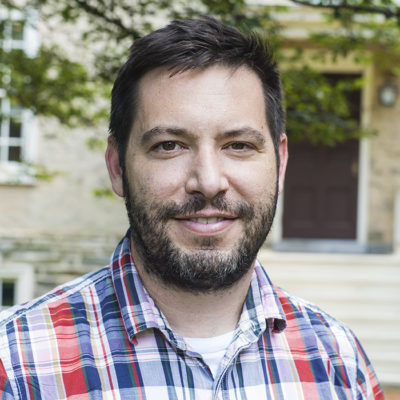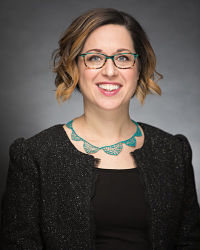A nation must think before it acts.

VENUE:National Press Club
Stabilizing the Fertile Crescent After the Fall of the Caliphate
About the Event
In 2014, the United States stated its intention to “degrade and destroy” ISIS. Since then, a diverse array of forces has worked tirelessly to liberate key territories in Iraq and Syria from ISIS’s Caliphate. Now, in the summer of 2018, ISIS’s Caliphate largely has been dismantled as a territorial entity. However, the group is far from destroyed, and its ability to maneuver is much improved as it reverts to an insurgency. What’s more, there is very little to prevent yet another non-state armed group from retaking the very same lands that ISIS once held. Accordingly, American diplomacy, military strategy, and intelligence collection likely will focus on Iraq and Syria for many years to come. Thus, the question for policymakers is how the U.S. can prevent non-state armed groups from regaining a territorial foothold, further destabilizing these territories, and ultimately threatening U.S. interests in the region. Relatedly, the question of what to do about the likes of al-Qaeda and ISIS even if they do not hold territory remains equally pressing.
“Stabilizing the Fertile Crescent After the Fall of the Caliphate,” a special issue of Orbis: FPRI’s Journal of World Affairs (Summer 2018) and the subject of this panel, seeks to provide a framework for thinking about the threat of terrorism emanating from the Fertile Crescent now that ISIS’s Caliphate is being undone and to provide concrete policy recommendations to establish a tenable politico-economic status quo.
 |
Tally Helfont is the Director of the Program on the Middle East at the Foreign Policy Research Institute. She is the Project Lead and contributing author on FPRI’s After the Caliphate Project. |
 |
Samuel Helfont, a Senior Fellow at the Foreign Policy Research Institute, is an Assistant Professor of Strategy and Policy at the Naval War College program at the Naval Postgraduate School in Monterey, CA.. He is the author of Compulsion in Religion: Saddam Hussein, Islam, and the Roots of Insurgencies in Iraq (Oxford University Press, 2018). |
 |
Barak Mendelsohn, a Senior Fellow at the Foreign Policy Research Institute, is an Associate Professor of Political Science at Haverford College. His most recent book was The al-Qaeda Franchise: The Expansion of al-Qaeda and Its Consequences (Oxford University Press, 2016). |
 |
Assaf Moghadam, an Associate Professor at the Interdisciplinary Center (IDC) Herzliya, Israel, is currently an Adjunct Associate Professor at Columbia University while on leave from IDC. His most recent book was Nexus of Global Jihad: Understanding Cooperation among Terrorist Actors (Columbia University Press, 2017). |
Venue
National Press Club
529 14th St NW
Washington. DC. US. 20045
Registration
- This event is free and open to the public, but reservations are required.
- Register using the button above.
- Fore questions or more information, contact Rachel Hemler at rhemler@fpri.org or 215-732-3774 x 112.
National Press Club, Holeman Lounge
529 14th St NW, 13th Floor
Washington, DC 20045
Speakers

Tally Helfont - Tally Helfont was the Director of FPRI's Program on the Middle East (2011-2018).

Samuel Helfont - Samuel Helfont is a Senior Fellow in the Foreign Policy Research Institute’s Middle East Program, and an Assistant Professor of Strategy and Policy at the Naval War College's program at the Naval Postgraduate School in Monterey, CA.
Barak Mendelsohn - Barak Mendelsohn is an Associate Professor of Political Science at Haverford College, where he teaches courses on Jihadi movements and on the Middle East.




